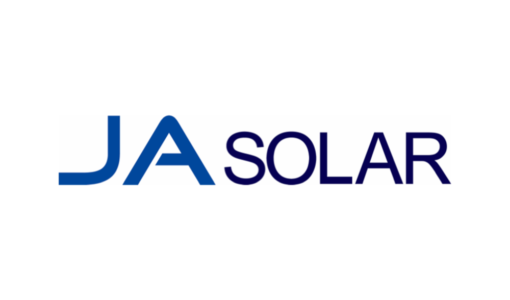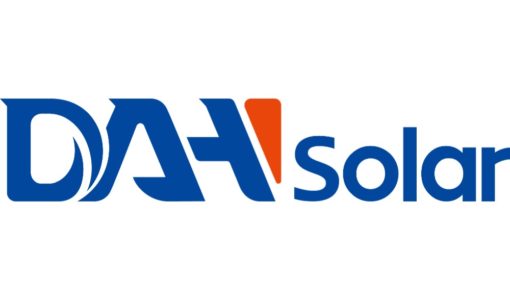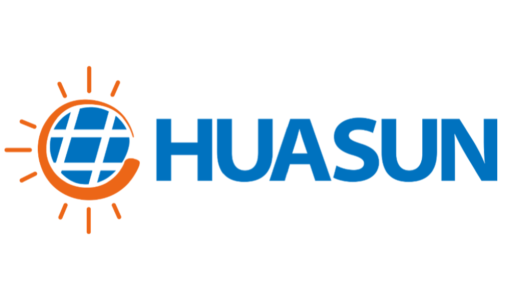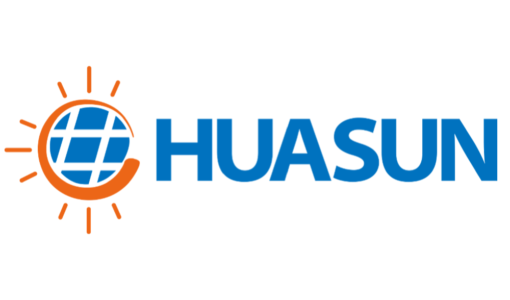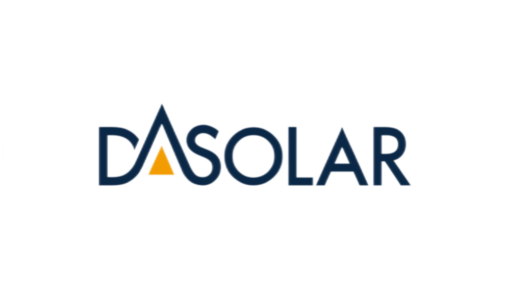- A new document published by law firm Eversheds aims at helping solar PV developers interested in Dubai’s rooftop market
- The document, called 'A shining example - Root top solar guide in Dubai,' lists out opportunities and challenges that developers may encounter in Dubai
- It suggests ways for developers to form local entities in the UAE market
Dubai, one of the most promising names in the solar circuit of the Middle East, aims to have 25% of its energy in 2030 to come from renewables and later escalate it to 75% by 2050, as part of its Dubai Clean Energy Strategy 2050. It is constantly in the news with new record-low solar price offers for tenders as part of its prospective 5,000 MW Sheikh Mohammed bin Rashid Al Maktoum Solar Park, which it plans to complete by 2030. But Dubai also has a very active solar rooftop scheme called Shams Dubai.
In an effort to push the the PV rooftop business in Dubai, a brief document has been produced by law firm Eversheds on behalf of the Solar Middle East fair.The document, called ‘A shining example – Roof top solar guide in Dubai,’ gives step-by-step details of entering the Dubai’s rooftop PV market, including a list of risks that developers need to consider. It is aimed at international developers interested in the rooftop PV market of Dubai.
What is Shams Dubai?
Shams Dubai was introduced by Dubai Water and Electricity Authority (DEWA) in 2014 to promote rooftop PV for both residential and commercial entities. The executive council decision is applicable to all private development and free zones too.
Incentives of rooftop PV
One of the most important elements of this decision is that there is no time limit on the period during which excess electricity sent to the grid can be credited. It is only dependent on the consumer continuing to live on the same premises. However, there is a limit on the amount of power that can be sent back to the grid. DEWA is yet to fix this limit.
What’s in for developers?
The document tries to assure developers of a market waiting to be explored. They can finance, install, operate and maintain a PV system on behalf of customers for a specific duration. It points out, “Whilst the Decision does not provide expressly for the role of developers, many customers will not be able to afford the original outlay and therefore there will be a role for developers in order for Shams Dubai to work on a large scale.”
Developers would be also needed as customers may not have enough knowledge to put the installation in place. The document proposes possible contractual structures that can provide opportunities to developers in the form of concession agreements, access rights agreements, EPC, O&M, connection agreements for residential consumers and commercial premises.
International developers also get knowledge of how to incorporate a local UAE entity to be able to conduct business in the country.
The report ‘A shining example – Roof top solar guide in Dubai,’ is available here.








